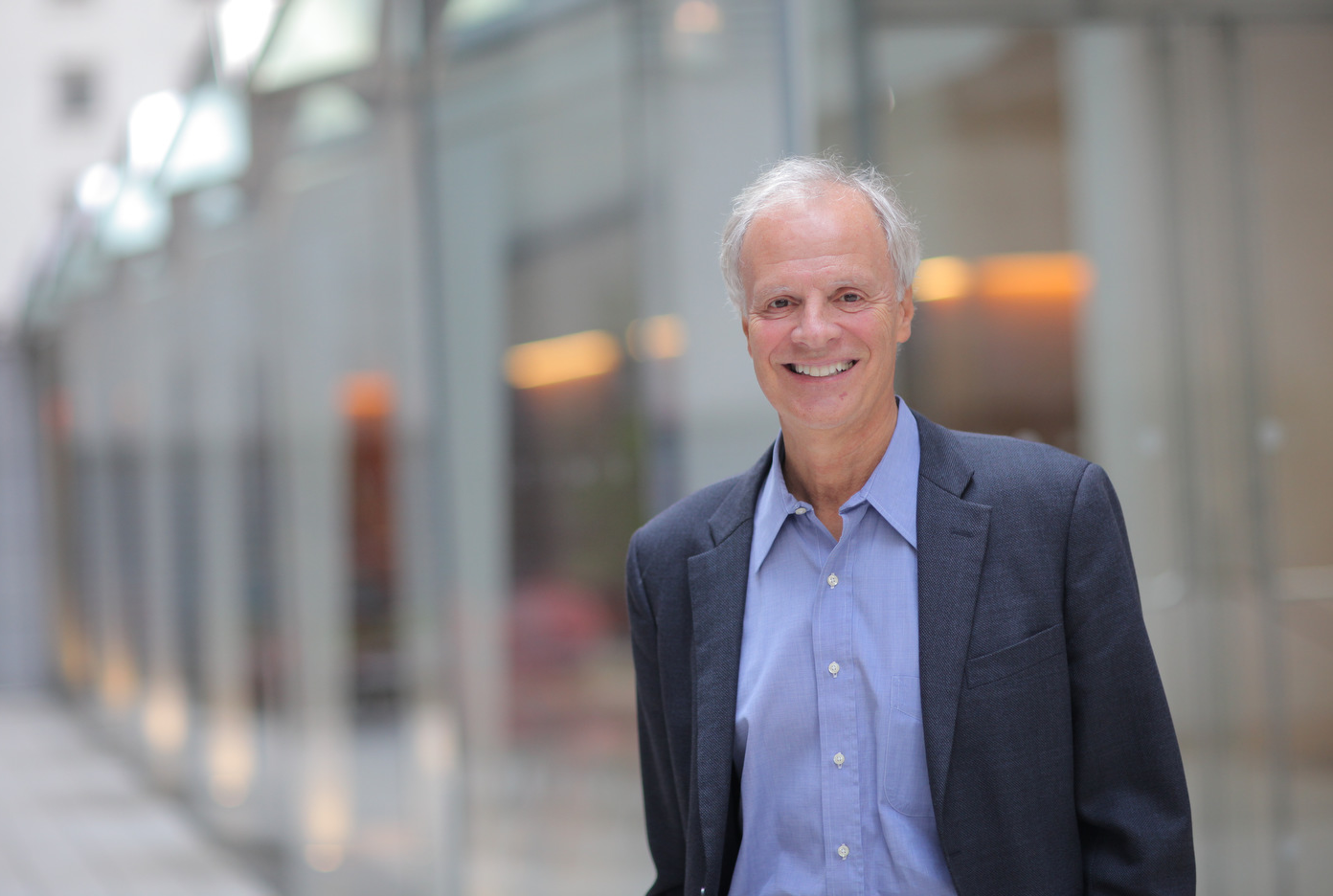Under the Patient Protection and Affordable Care Act, the comprehensive health care reform law act enacted in March 2010, Medicare will launch a shared savings program for groups of health care providers that join forces, with or without hospitals or health plans, to form legal entities that agree to take responsibility for the quality, cost and overall care of a population of patients. These entities are called Accountable Care Organizations and are designed to deliver better care in a more efficient manner.
Recently, the New England Journal of Medicine hosted a video roundtable discussion, "Creating Accountable Care Organizations," to discuss how these organizations can and should fit into overall health care reform. The discussion, which appeared in the journal's online version of its Oct. 7, 2010, issue, was moderated by Dr. Thomas Lee, an associate editor of the Journal and network president of Partners Healthcare.
Dr. Lawrence Casalino, chief of the Division of Outcomes and Effectiveness Research and The Livingston Farrand Associate Professor of Public Health in the Department of Public Health at Weill Cornell Medical College, served as an expert panelist for the roundtable. Dr. Casalino and other health services researchers have since 2007 been studying how ACOs should be optimally structured to achieve the goals of improved patient health, efficiency of care and cost-effectiveness. Dr. Casalino was joined at this event by Dr. Elliott Fisher, director of the Center for Health Policy Research and a professor of medicine at Dartmouth Medical School, and Dr. Gail Wilensky, economist and senior fellow at Project Hope.
The panelists discussed Accountable Health Organizations, specifically how they will be formed, what the obstacles are to achieving ACO status, and what the expected benefits are for clinicians and patients.
"The current system encourages disjointed, piecemeal care," said Dr. Casalino. "Physicians are dedicated to what I call 'the individual physician view of quality' — that is, quality is what I do for whatever patients happen to show up in front of me, while they are in front of me. This view of quality is absolutely necessary, but it is no longer sufficient. I believe that physicians should begin to learn about what might be called the 'organized process view of quality.' Quality is also what the organization I belong to does in a systematic, organized way to improve the health of our population of patients — not just the ones who happen to come in, but all our patients, and not just when they are in front of us, but between visits as well, as needed."
During the 20 years Dr. Casalino spent leading a small-group practice in California, he learned firsthand how the country's current structure for insurance payment can interfere with and frustrate the most dedicated physician's attempts to provide continuous, high-quality care.
"In order for Accountable Care Organizations to succeed, they have to make life better for patients and also for physicians," Dr. Casalino said. "If ACOs are going to become prevalent and do what we'd like them to do, the right incentives have to be in place, and the provider organizations have to have capabilities to change the way care is provided. I think it's going to be very difficulty to get both correct, but I think it can be done."
This experiment is just beginning, and it's far from certain, according to Dr. Casalino, that ACOs will ever become a widespread phenomenon. In particular, the ACO concept may not be well suited for many academic medical centers (AMCs).
According to Dr. Casalino, "Many academic medical centers care mainly for people who come to the AMC for an episode of tertiary care, rather than for a population of patients for whom the AMC should be responsible for their overall health over a long period of time. Because of this, and because of the research and educational missions of AMCs, they may be poorly suited to compete as ACOs. It's likely that some other way of paying AMCs will have to be found — a way that will enable AMCs to continue with their special missions, while encouraging them to provide care efficiently and to systematically improve quality."
Dr. Casalino was also on two panels during an all-day joint workshop on ACOs co-hosted by the Federal Trade Commission, the Centers for Medicare & Medicaid Services, and the Department of Health and Human Services' Office of Inspector General on Oct. 5, 2010, in Baltimore. Titled "Workshop Regarding Accountable Care Organizations, and Implications Regarding Antitrust, Physician Self-Referral, Anti-Kickback, and Civil Monetary Penalty (CMP) Laws," the workshop addressed legal issues raised by various ACO models being considered by health care providers.

